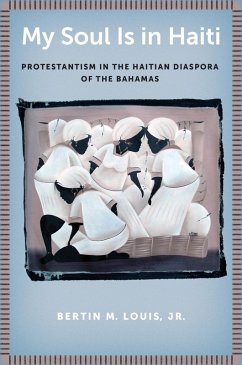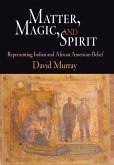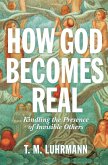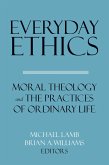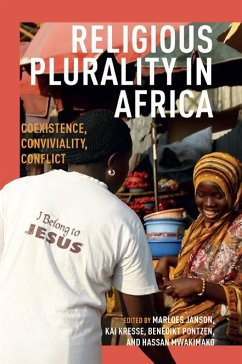Offers a greater understanding of the spread of Protestant Christianity, both regionally and globally, by studying local transformations in the Haitian diaspora of the Bahamas.
In the Haitian diaspora, as in Haiti itself, the majority of
Haitians have long practiced Catholicism or Vodou. However, Protestant forms of
Christianity now flourish both in Haiti and beyond. In the Bahamas, where
approximately one in five people are now Haitian-born or Haitian-descended,
Protestantism has become the majority religion for immigrant Haitians.
In My Soul Is in Haiti, Bertin M. Louis, Jr. has
combined multi-sited ethnographic research in the United States, Haiti, and the
Bahamas with a transnational framework to analyze why Protestantism has
appealed to the Haitian diaspora community in the Bahamas. The volume
illustrates how devout Haitian Protestant migrants use their religious
identities to ground themselves in a place that is hostile to them as migrants,
and it also uncovers how their religious faith ties in to their belief in the
need to save their homeland, as they re-imagine Haiti politically and morally
as a Protestant Christian nation.
This important look at transnational migration between
second and third world countries shows how notions of nationalism among Haitian
migrants in the Bahamas are filtered through their religious beliefs. By
studying local transformations in the Haitian diaspora of the Bahamas, Louis
offers a greater understanding of the spread of Protestant Christianity, both
regionally and globally.
In the Haitian diaspora, as in Haiti itself, the majority of
Haitians have long practiced Catholicism or Vodou. However, Protestant forms of
Christianity now flourish both in Haiti and beyond. In the Bahamas, where
approximately one in five people are now Haitian-born or Haitian-descended,
Protestantism has become the majority religion for immigrant Haitians.
In My Soul Is in Haiti, Bertin M. Louis, Jr. has
combined multi-sited ethnographic research in the United States, Haiti, and the
Bahamas with a transnational framework to analyze why Protestantism has
appealed to the Haitian diaspora community in the Bahamas. The volume
illustrates how devout Haitian Protestant migrants use their religious
identities to ground themselves in a place that is hostile to them as migrants,
and it also uncovers how their religious faith ties in to their belief in the
need to save their homeland, as they re-imagine Haiti politically and morally
as a Protestant Christian nation.
This important look at transnational migration between
second and third world countries shows how notions of nationalism among Haitian
migrants in the Bahamas are filtered through their religious beliefs. By
studying local transformations in the Haitian diaspora of the Bahamas, Louis
offers a greater understanding of the spread of Protestant Christianity, both
regionally and globally.
Dieser Download kann aus rechtlichen Gründen nur mit Rechnungsadresse in A, D ausgeliefert werden.

